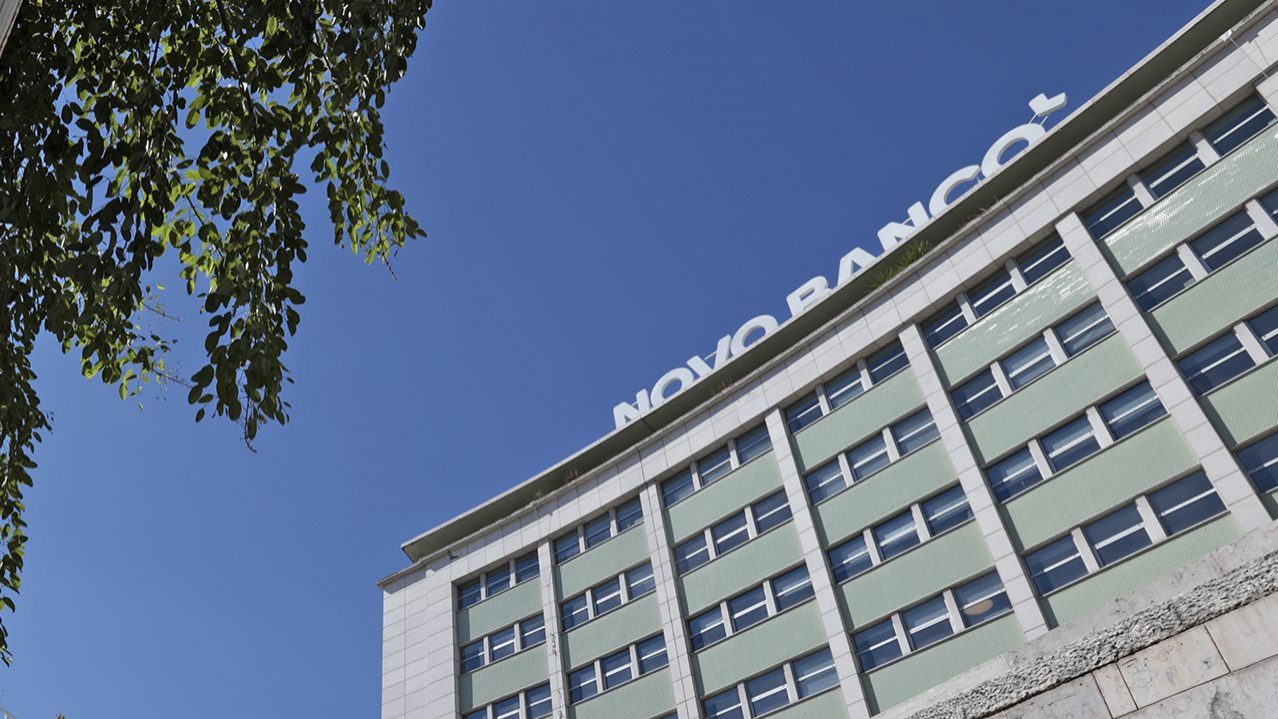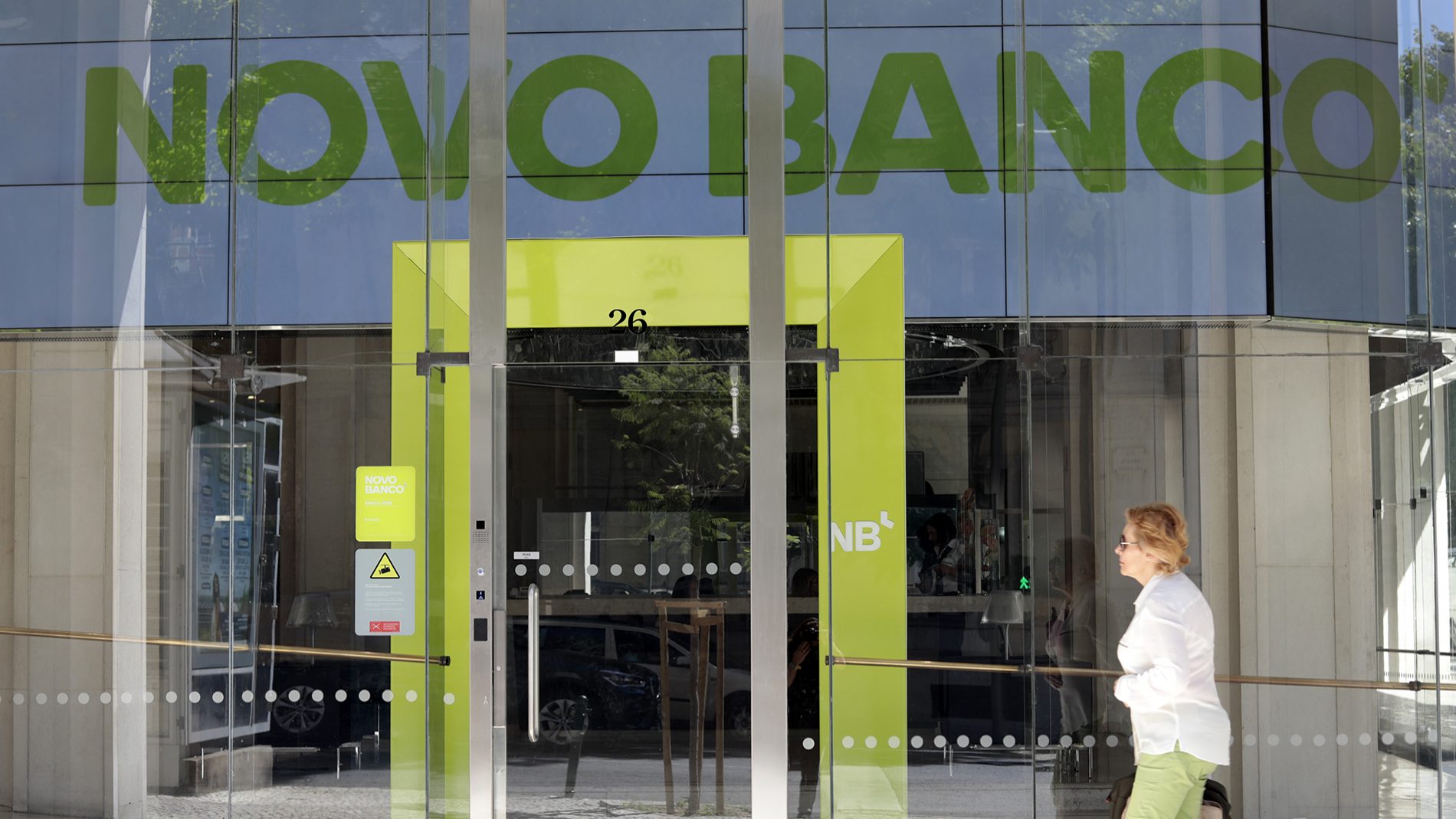Portugal injects more capital in Novo Banco, without a debt increase
The State will inject more capital in Novo Banco, by means of the Resolution Fund. The State secretary Mourinho Félix assures the operation will not increase public debt.
The Secretary of State Assistant and of Finance, Mourinho Félix, confirmed that the Resolution Fund — a public entity — will inject money on Novo Banco’s capital in 2018, by means of the Capital Contingent Mechanism, but highlights that transfer will not have an additional impact on debt. In an interview to the Portuguese radio station TSF, Mourinho Félix acknowledges that Novo Banco should register losses in 2017, but says that numbers who are not yet known must be analysed.
As ECO announced, the capital reinforcement of Novo Banco should stand between 700 and 800 million euros, an amount that may vary until the closing of the accounts. The injection is justified by record losses the financial institution headed by António Ramalho should present in 2017, which should surpass 1,000 million euros. This is justified by a high level of impairments that will fall on the toxic assets that were under the Fund and Guarantee’s responsibility, which has a maximum amount of 3.89 billion euros.
“There is the possibility that the Resolution Fund might be called into action under the contingent capital mechanism, if losses affect the capital ratio and put it below the ‘triggers'”, stated Mourinho Félix. The Resolution Fund may resort to a State loan, already foreseen and that it may ascend to 850 million euros. “The capital injection only affects debt if Portugal needs to resort to the market to lend money to the Resolution Fund. We consider this to be adaptable to what we have included in our financing plan, so there should be no additional impact”, the governor stated, answering a question about the possibility of Novo Banco presenting losses.
During the interview, Mourinho Félix stated he believes non-performing loans in the Portuguese banking system might decrease from 40 billion euros to 20 billion euros until 2022. “I am convinced that over the next three to four years, it will be possible to bring that value down by half, to around 20 billion euros; such an amount allows Portugal to have an amount of NPL closer to other countries, although it remains above the European average”, the State Secretary said.
About Portugal’s strategy to make early repayments to the International Monetary Fund, Mourinho Félix estimated that it generated savings of around 850 million euros, and, about public debt issuances, he assures that Portugal is ready for the removal of the European Central Bank’s stimuli measures. “Portugal has been preparing by extending the maturity of its debt; we have an average maturity of eight years, which we consider to be appropriate, so we are ready for any changes in interests rates that might come up”, the governor stated, highlighting that “the financial buffer of around 40% of the financing needs gives us a kind of immunity about any impacts that may come”.




